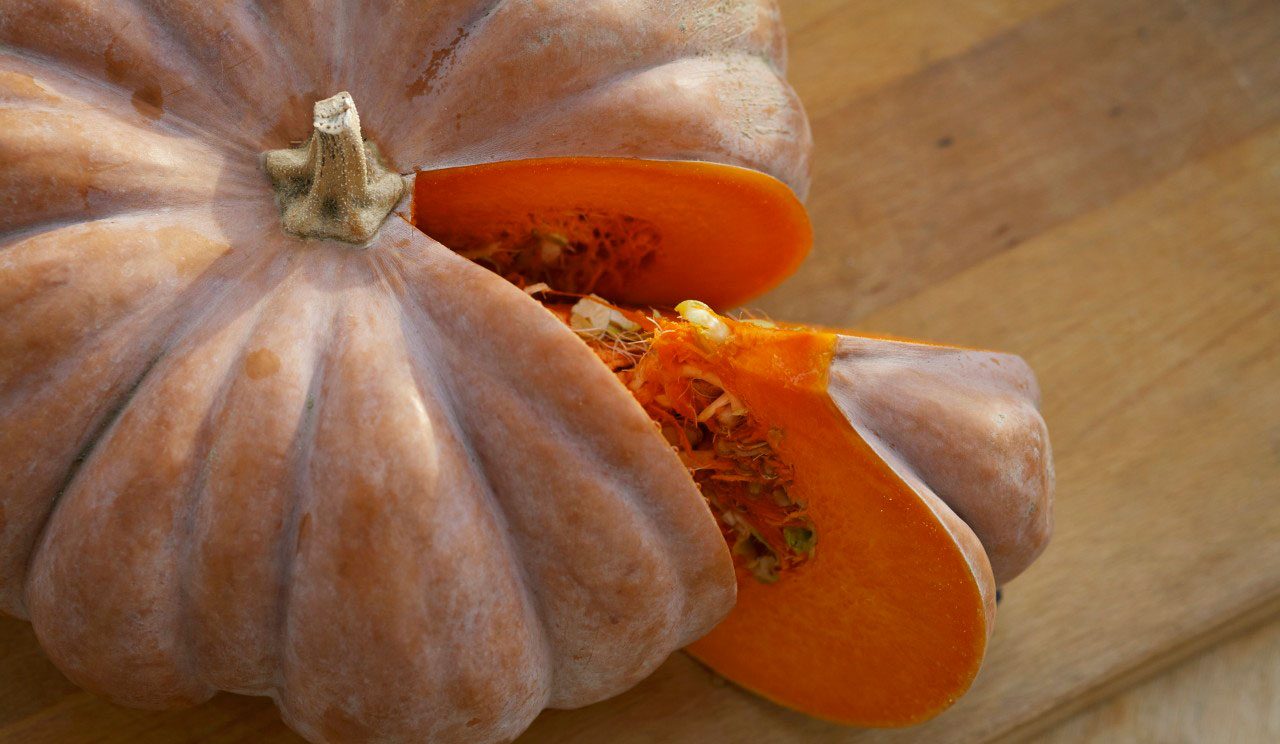February 02, 2018
Pumpkin Spice Mania (and Seasonal Allergies) Take Over

Fun topics for the #fallismyfavorite hashtag.
A Twitter friend and I shared our mutual excitement once over the impending seasonal debut of Starbuck’s Pumpkin Spice Latte (or as the hipsters call it, #PSL). Sad but true: I literally count down the days each year until September 8, when the baristas begin brewing the hashtag-worthy beverage.
My mother shares my mania for the flavor and gleefully snapped a picture of her first pumpkin spice-flavored cream cheese sighting. For all the affection I have for said beverage, I haven’t quite wrapped my head around the impact it’s had on nearly every aspect of our food and beverage choices.
CNN calls this phenomenon the “annual pumpkin spice onslaught,” pointing out several ordinary and several rather bizarre flavor and food pairings: Frosted Mini-Wheats, M&Ms, butter, vodka, Greek yogurt (yuck!), Pringles (yuckier!), and Pop-Tarts, to name just a few.
Chances are that it’s not going to be the healthiest of options if it’s got that yummy infusion of cinnamon, nutmeg, allspice, and ginger. A Grande, non-fat PSL without whip cream will set you back 260 calories — not too high a price to pay for the occasional indulgence in my opinion. A whole-milk whip-creamed Venti, on the other hand, will cost you 520 calories.
(In other PSL health & wellness news, Starbucks has announced it will start using real pumpkin and stop using fake caramel coloring.)
But I digress. My favorite season of the year isn’t just about warm beverages. It’s also about battling the seasonal allergies that come with the changing of the leaves. A good friend of mine practically jumped across the table at me when I asked her what she most associates with fall (and yes, the table was owned by Starbucks). “You’ve got to write about fall allergies,” she passionately exclaimed while not spilling a drop of her PSL.
Ragweed seems to be a big culprit, as are mold and dust mites — all of which lead to a myriad of symptoms including, but certainly not limited to, runny nose, itchy eyes, and even asthma triggers. The silver lining here is that pumpkin has immune system-boosting properties, including allergy-fighting carotenoids. Pumpkin contains a form of vitamin A allergy sufferers should proactively stockpile via the ingestion of pumpkin soups, ravioli, and yes, even the PSL.
Broccoli, kale, onions and garlic, collard greens, carrots, and celery also help to ward off the effects of fall allergens. On the flip side, nuts, honey, echinacea, chamomile tea, zucchini, cucumber, melons, bananas, and apples can trigger allergy symptoms when you eat them raw.
Now that I’ve made us all hungry…. Here are a few of my favorite pumpkin-based recipes. Hopefully they’ll help assuage your need for a PSL fix and better enable you to truly enjoy the outdoors this season.
- Pumpkin-Acorn Squash Soup
- Pumpkin Ravioli with Gorgonzola Sauce
- White Bean and Pumpkin Hummus with Pita Chips
- Fettuccine with Pumpkin Sauce
- Pumpkin-Shiitake Risotto with Pancetta and Pine Nuts
- Pumpkin Spice Latte
These dishes are just a few of the reasons why #fallismyfavorite. Bon appetite and happy fall, y’all!


